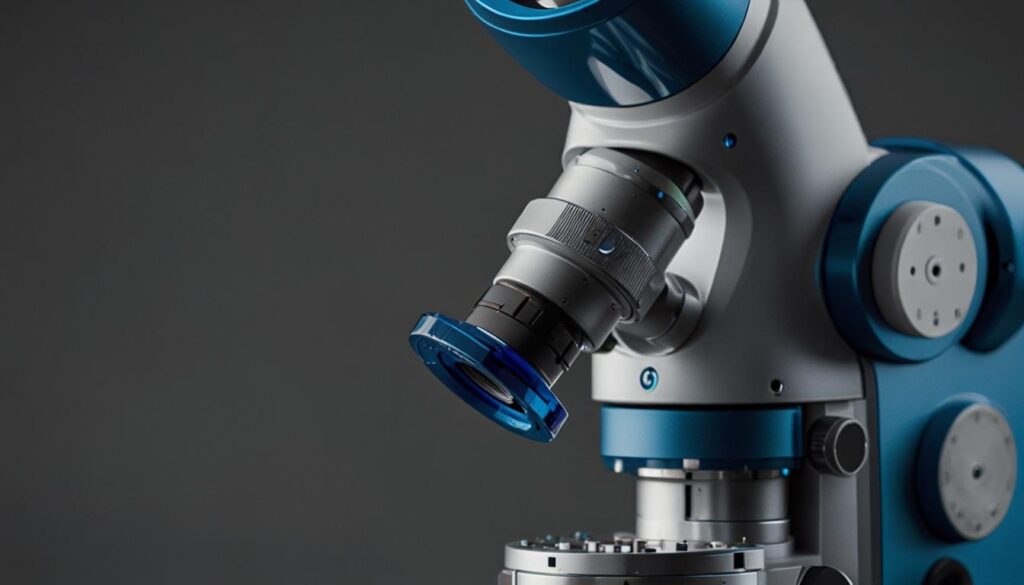Biotechnology firm Owkin partners with Amazon Web Services (AWS) to enhance research in precision medicine by leveraging generative AI and cloud computing technologies. The collaboration aims to accelerate drug discovery, de-risk clinical trials, and develop AI diagnostics.
Owkin, a biotechnology firm, is collaborating with Amazon Web Services (AWS) to advance precision medicine through the application of generative AI and cloud computing technologies. This partnership, announced on February 8, 2024, leverages AWS’s global infrastructure to enhance Owkin’s data operations and drive research developments aimed at accelerating drug discovery, de-risking clinical trials, and developing AI diagnostics.
Thomas Clozel, co-founder and CEO of Owkin, emphasized how the collaboration with AWS will enable them to unlock insights from vast amounts of patient data securely and efficiently, enhancing their research initiatives. The integration of Owkin’s biotech expertise with AWS’s robust cloud infrastructure will support Owkin’s needs for large-scale data storage, generative AI applications, and model building using Amazon SageMaker.
Experts from AWS’s Healthcare and Life Sciences team will work alongside Owkin to address challenges in precision medicine and develop transformative healthcare solutions. Dan Sheeran, General Manager of Healthcare and Life Sciences at AWS, highlighted the potential of generative AI to make significant advancements in healthcare and life sciences.
Owkin plans to utilize AWS’s high-performance infrastructure, including Amazon EC2 UltraClusters powered by NVIDIA H100 Tensor Core GPUs, to expedite machine learning model training. Additionally, Owkin aims to experiment with AWS Trainium and AWS Graviton chips for improved performance and cost efficiency.
Through AWS’s Digital Sovereignty Pledge, Owkin will maintain full control over their data, ensuring high levels of data protection and compliance with global regulatory standards. This partnership aims to drive innovation, improve patient health outcomes, and create new possibilities for precision medicine.










